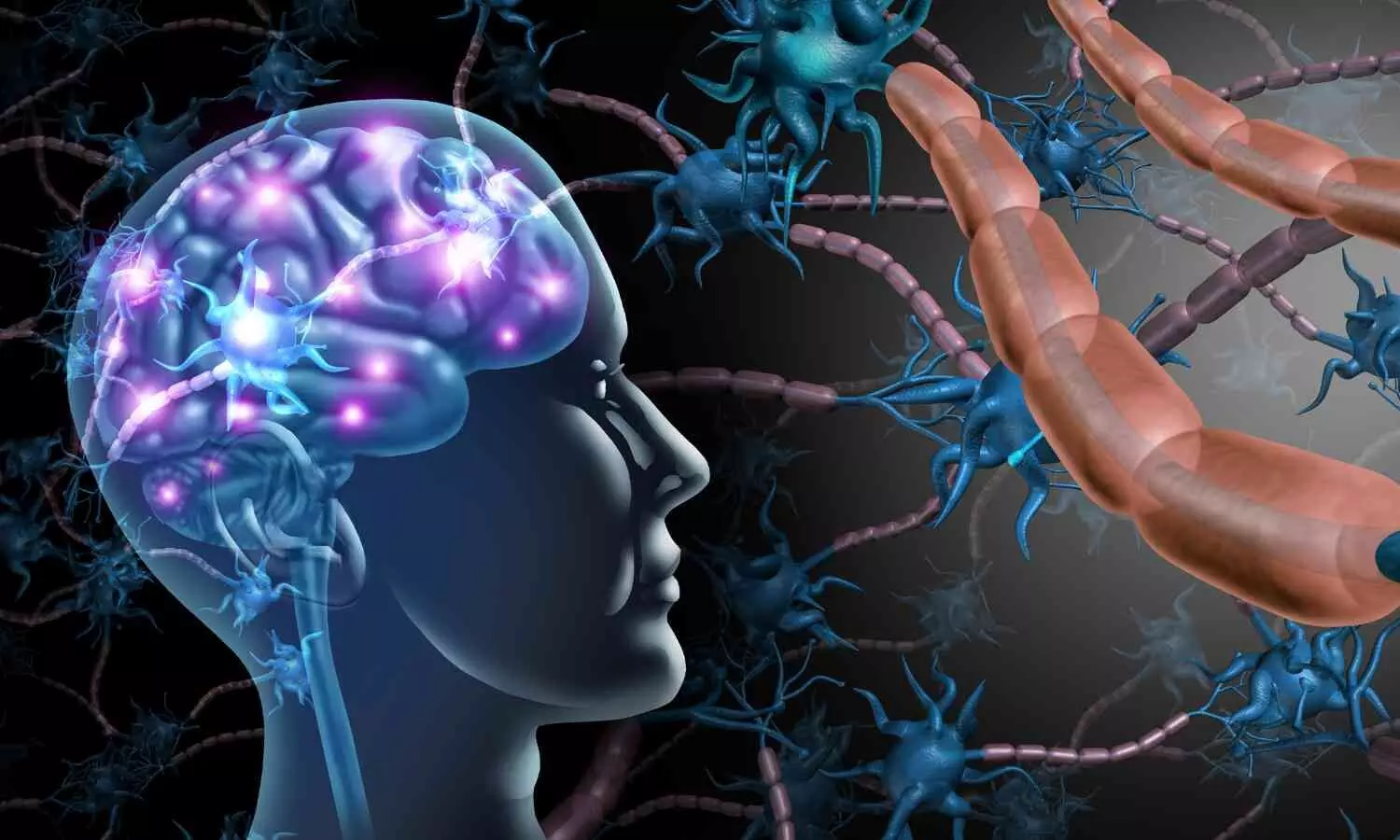HCAH Survey Finds 92% of Stroke Patients Achieve Faster Recovery at Rehab Centres

New Delhi: A recent survey by HCAH highlights the benefits of rehabilitation and recovery centres for stroke survivors. The survey reveals that 92% of stroke patients who received treatment at specialized rehab centres recovered within three months, while 70% of those receiving outpatient rehab care at home experienced recovery times longer than four months.
The survey also shows that only 40% of respondents could identify key stroke symptoms before hospitalization, emphasizing the need for better public awareness and early intervention.
Dr Sudheer Kr. Tyagi, Head of Neurology at Indraprastha Apollo Hospital, New Delhi, emphasized the importance of structured rehab environments.
He stated, “Structured rehabilitation environments play a crucial role in the effective recovery of stroke survivors. These centres provide a comprehensive approach that includes not only physical therapy but also essential emotional and psychological support, which are critical components of a full recovery. In a rehab centre, patients benefit from a multidisciplinary team of professionals who guide them through each stage of recovery with specialized equipment and techniques. This holistic approach is often lacking in home settings, where the absence of specialized equipment and professional guidance can significantly impede progress and extend recovery times.”
Dr Praveen Gupta, Principal Director & Chief of Neurology at Fortis Hospital, Gurgaon, highlighted the need for personalized care plans.
He explained, “Creating personalized care plans in agreement with patients and their families ensures that each stroke survivor receives treatment tailored to their specific needs. A comprehensive approach should include cognitive therapy, sensory rehabilitation, recreational therapy, and more. Such a level of comprehensive care is rarely achievable at home, where resources and expertise may be limited.”
Dr Gaurav Thukral, Co-Founder & COO of HCAH, added, "Our stroke rehabilitation approach integrates Physical Medicine and Rehabilitation (PMR) specialists, alongside a team of experts and advanced equipment, to significantly reduce recovery time from paralysis. By creating personalized care plans in agreement with patients and their families, we ensure each stroke survivor receives care tailored to their needs."
According to NCBI, stroke ranks as the third leading cause of death and the sixth leading cause of disability in India. Timely intervention within the "Golden Period" of the first 90 days is crucial for optimal recovery, as the brain’s neuroplasticity is at its peak during this time.
The survey’s findings call for improved rehabilitation access, better monitoring systems, and community-based programs to address the increasing burden of stroke and enhance recovery outcomes for survivors.


